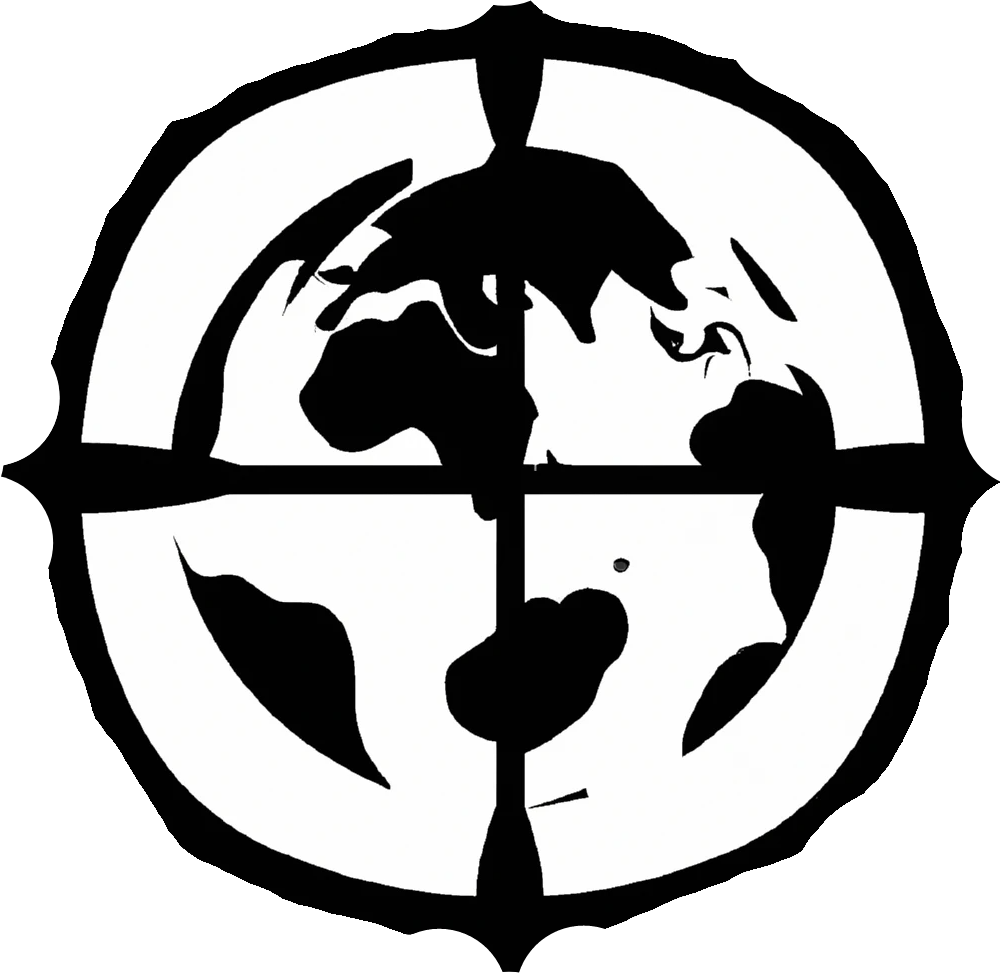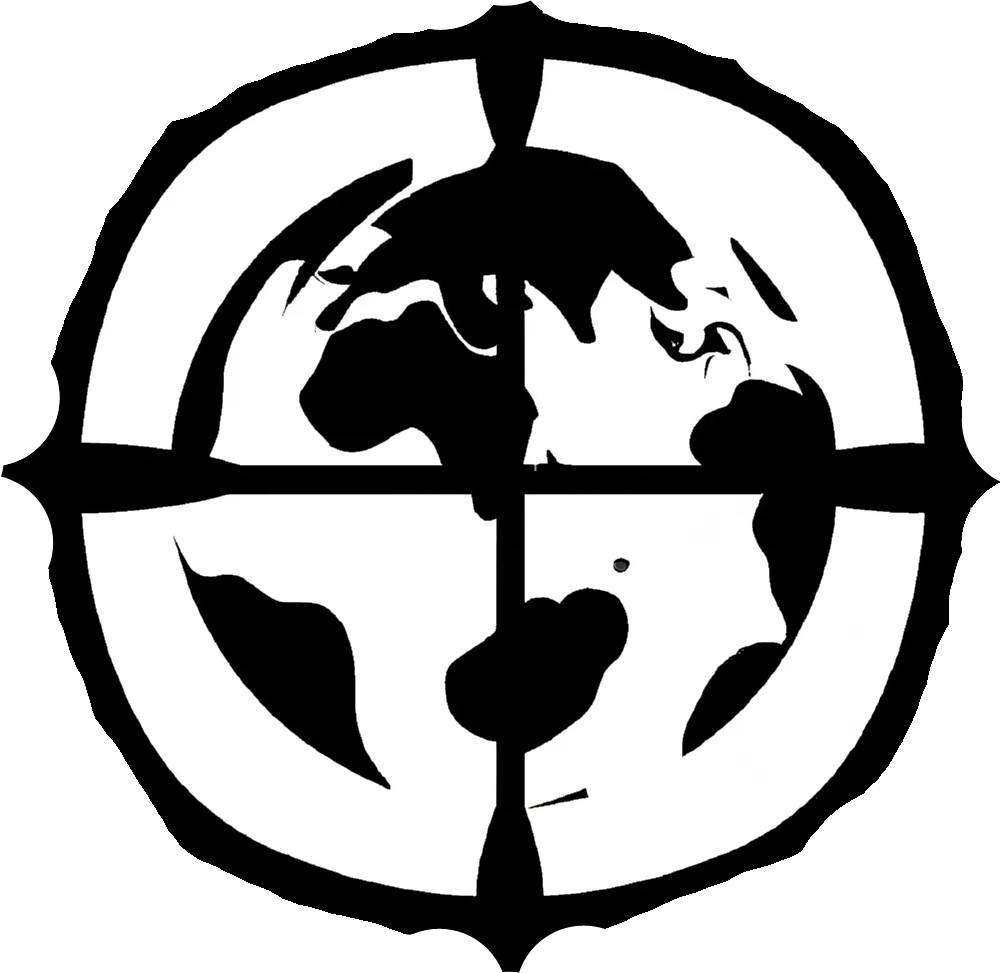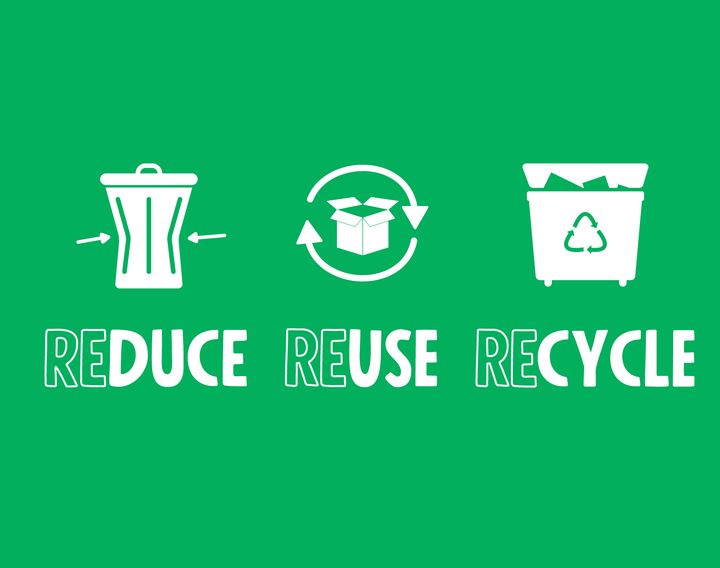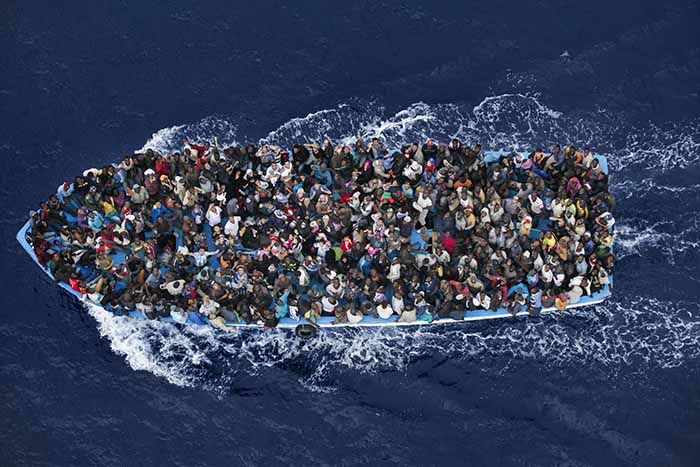Clean Water in Crisis: The Life-Saving Importance of Access in Humanitarian Relief Efforts
In the midst of humanitarian crises, access to clean water can be the difference between life and death. Explore the critical role of clean water in relief efforts and the challenges organizations face in providing access during times of crisis
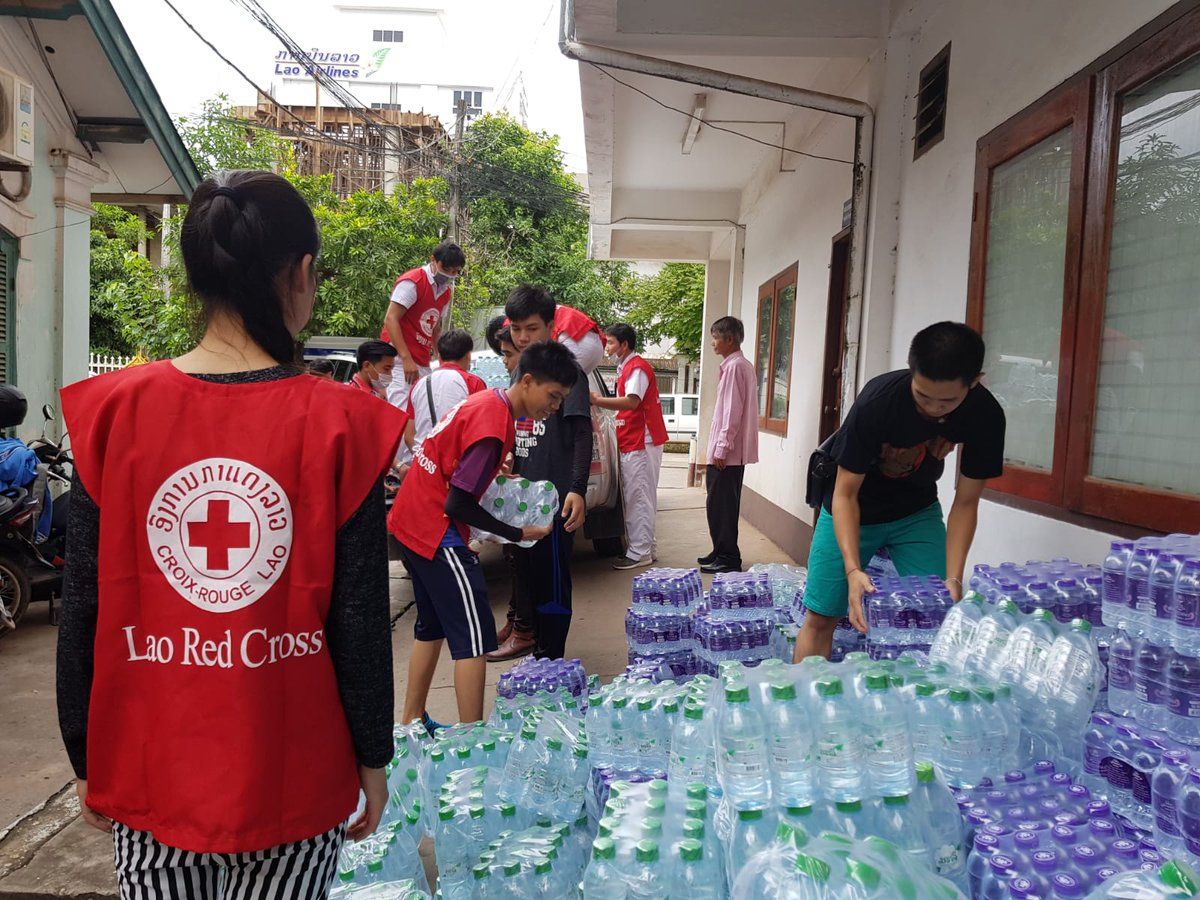
Water is one of the most fundamental need for human survival. Access to safe drinking water is a fundamental human right that is especially vital during humanitarian disasters. Unfortunately, millions of people around the world do not have access to clean water, and the situation can turn catastrophic during times of crisis. In this article, we'll look at the vital role that clean water plays in humanitarian relief efforts, as well as some of the problems that organisations face when it comes to supplying safe water during times of disaster.
Importance of Clean Water in Humanitarian Crises
Clean water is critical for human survival, and having access to safe drinking water is especially important during humanitarian disasters. The World Health Organisation (WHO) estimates that improving water, sanitation, and hygiene may avoid at least 9.1% of global disease burden and 6.3% of all deaths. Waterborne diseases such as cholera, typhoid, and dysentery spread due to a lack of clean water and poor sanitation. Inadequate access to safe drinking water can also result in malnutrition and dehydration, particularly among youngsters.
Access to clean water becomes even more vital during times of crisis, such as natural disasters, conflicts, and pandemics. For example, during the COVID-19 pandemic, access to clean water and good sanitation was critical in reducing virus spread. According to Relief International,
"in the immediate aftermath of a humanitarian crisis, organizations will launch a large medical response, but access to clean water is a critical component of containing the virus"

Challenges in Providing Clean Water in Humanitarian Crises
Providing safe drinking water during times of crisis can be a major problem for humanitarian organisations. Among the most common difficulties are:
Shortage of infrastructure: There is a shortage of infrastructure for water and sanitation systems in many crisis-prone communities. This can make providing access to clean water challenging.
Contamination: Water sources can become contaminated with bacteria, viruses, and other contaminants during times of crisis. This makes providing safe drinking water difficult.
Insecurity: In conflict-prone areas, humanitarian organisations may confront security issues, making access to clean water difficult.
Money: Providing clean water during a disaster can be costly, and many humanitarian organisations may struggle to get the necessary money.
Examples of Providing Clean Water in Humanitarian Crises
Despite the difficulties, numerous humanitarian organisations have worked tirelessly to ensure that people have access to safe drinking water during times of disaster. Here are a few examples:
UNICEF: In conflict-prone areas, UNICEF provides water and sanitation services to both refugee and host communities. They also work to improve the whole WASH (Water, Sanitation, and Hygiene) sector.
Oxfam: By providing clean water in emergencies, Oxfam helps to lessen the possibility of disease. They clean local water sources or deliver water by truck to communities hosting refugees and displaced persons, store it in tanks and bladders, and install pipes and taps to dispense it.
Relief International: During times of disaster, Relief International helps to ensure that people have access to safe drinking water. "In the immediate aftermath of a humanitarian crisis, organisations will launch a large medical response," says Relief International, "but access to clean water is a critical component of containing the virus"
Finally, the necessity of supplying safe drinking water during humanitarian disasters cannot be overstated. Access to clean water is critical for illness prevention and maintaining adequate sanitation and hygiene. While providing access to clean water during a crisis presents numerous problems, organisations such as Oxfam and Relief International are making a difference. It is critical to continue to assist these organisations and recognise the relevance of clean water access in long-term development and human life.
